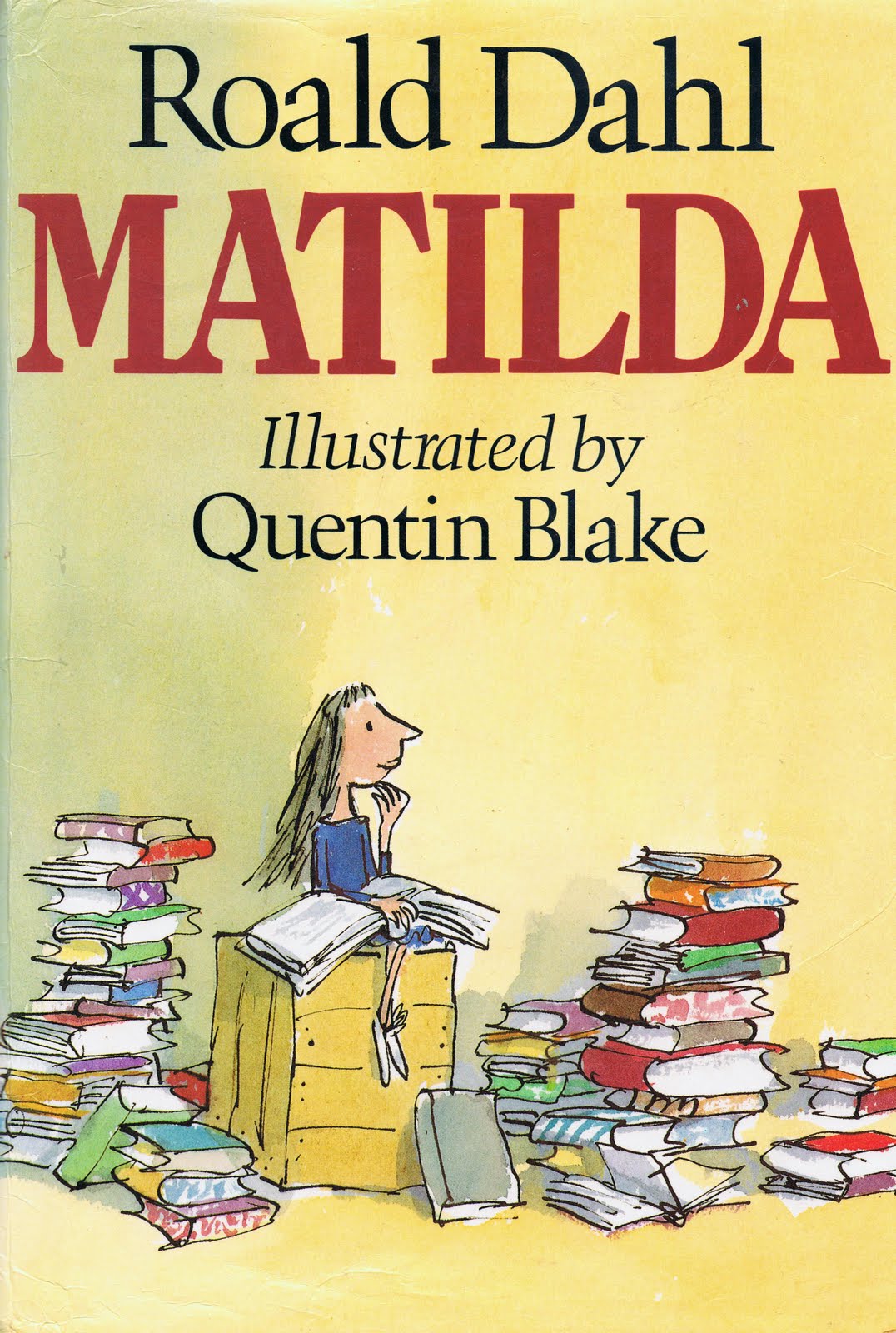Like so many other children, I was a reader of Roald Dahl books. He was easily one of my favourite writers because everything in his books were so wild, imaginative, and downright crazy. Enter Matilda. I’d read the book five times throughout my childhood, and I have always identified with the titular character.
Matilda and I had a lot in common; we both loved books, we both had parents who didn’t understand us, and we both loved coming up with ways of getting revenge on people who we think have wronged us. There were differences, of course. I wasn’t as smart as Matilda, and I didn’t have telekinetic powers, but through her, I lived vicariously as I could never take revenge on the adults (or even peers) who I believed wronged me. (There was this thing called consequences, oh well.) Reading Matilda was often gratifying when I was dealing with people who had insulted me or condescended to me because she readily showed that she did not take kindly to such behaviour.
As an adult, I realise that Matilda’s way of solving an adult problem (by helping her teacher, Miss Honey, get back her inheritance) was something I’d admired as a child. Dahl presents this problem in a matter-of-fact way and doesn’t sugarcoat life; the fact is, things get ugly, and sometimes, even adults need help. In real life, the adults I knew did not want to explain “adult problems” in front of me, and if I asked, they said that I would understand them as I got older. The fact that Miss Honey explains to Matilda what happened shows how much she treats Matilda as an equal, and the fact that Matilda uses her powers to aid her teacher shows that kids understand more than adults think they do, and that they can help solve problems.
When Matilda defeats Trunchbull and waves goodbye to her old life, it’s a gigantic F-U to all the condescension she’s experienced, at least for me. I didn’t know it at the time, but it gave me some hope that I will be able to meet people who treated me like an intelligent rational being, instead of being patronising.
As a child, I remember these things, and I know kids don’t want to be talked down to, be made to feel stupid, or helpless. Grown-ups would would fare so much better with children if they remember these three things.
